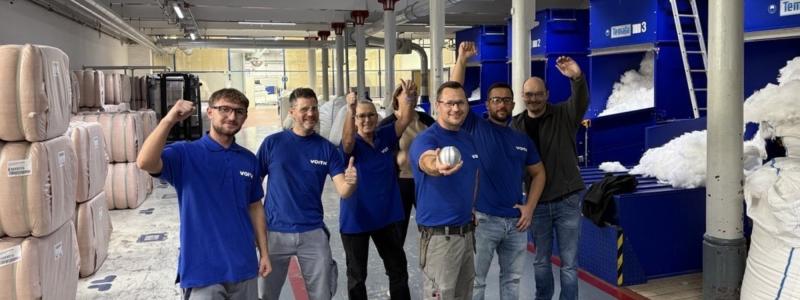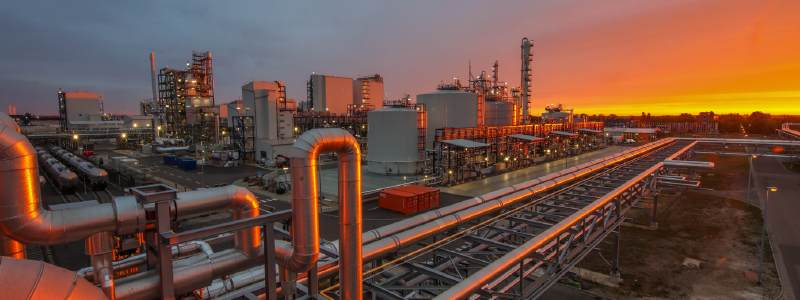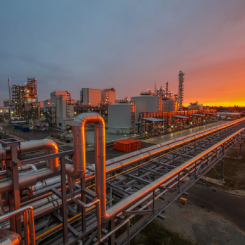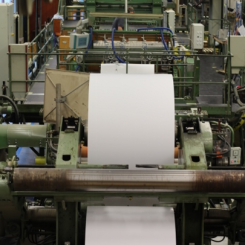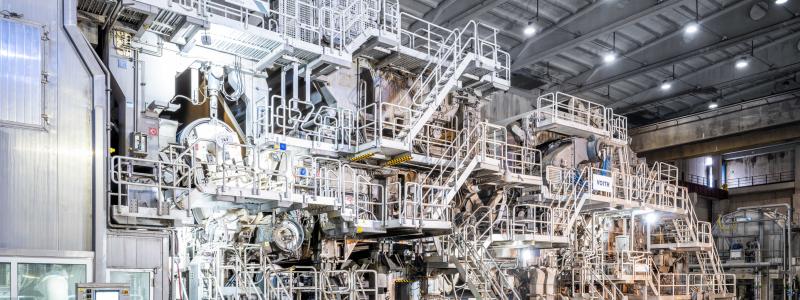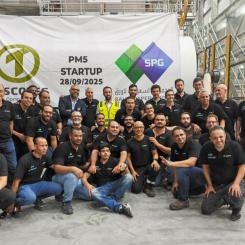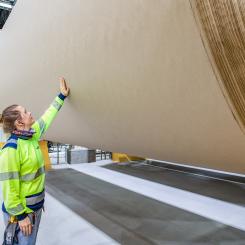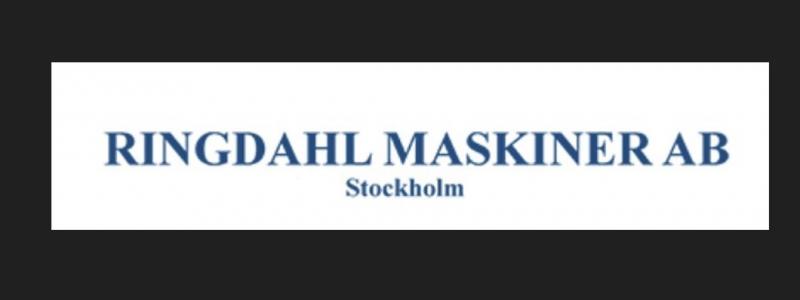Kemira has once again achieved the Platinum level rating for its sustainability performance by EcoVadis, the global sustainability rating platform, for the third consecutive year. Kemira remains among the top 1% of companies rated worldwide, with a score increase of 2 points to 80/100 (compared to 78/100 in 2022) due to its progress in sustainable procurement through engagement with suppliers on climate-related issues as well as continuous improvement in other areas of environment, labor and human right and ethics.
“We are proud of this recognition, which reaffirms that we are on the right track when working systemically towards our sustainability goals. It demonstrates our operational efficiency, and robust value chain management, driven by our consistent efforts,” says Rasmus Pinomaa, Director, Corporate Sustainability at Kemira. “As a trusted partner, we are committed to helping our customers achieve their sustainability ambitions for instance by saving resources through improved efficiencies in manufacturing and end products, in addition to diligently optimizing our own operation and business processes.”
Sustainability is the key driver of Kemira’s strategy and a requirement for our long-term success. Guided by the United Nations Sustainable Development Goals (SDGs), Kemira prioritizes five themes including Safety, People, Water, Circularity and Climate to contribute to the global sustainability agenda. Through sustainable chemistry and digital solutions, the company is contributing toward achieving a circular economy while reducing its climate impact, improving social impacts, and ensuring safety throughout the value chain. In 2022, Kemira set a new ambitious science based climate target and committed to reducing the emissions from its own operations (Scope 1 and 2) by 50% by 2030, in line with its ambition of achieving carbon neutrality by 2045.
EcoVadis is a collaborative platform providing sustainability ratings and performance improvement tools for global supply chains. The EcoVadis methodology framework assesses the quality of a company’s sustainable management system through its policies, actions, and results. The assessment focuses on 21 sustainability criteria that are categorized into four themes: Environment, Labor & Human Rights, Ethics, and Sustainable Procurement.





